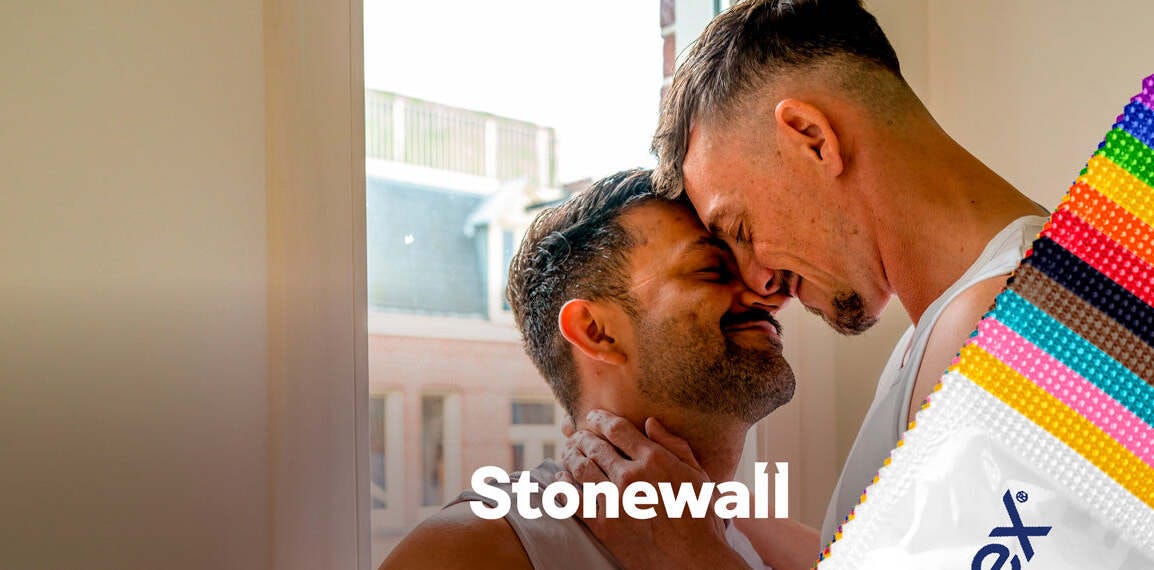My Sex My Way

My Sex My Way: Inclusive Sex Ed Guide
At Durex, we stand for a sex positive society where everyone is supported with the freedom, knowledge and tools to be their true sexual self. In 2021, over 5000 of you shared your experiences of sex with us in our UK LGBTQ+ survey, saying that you wanted to learn about sex beyond the heteronormative curriculum.
Sex ed’ can often overlook the diverse experiences of sex, using a default setting for education that can leave LGBTQ+ people feeling less informed. So Durex has collaborated with the wonderful folks at Stonewall to give you a resource created for queer people by queer people - looking at understanding, exploration, safety and positivity.